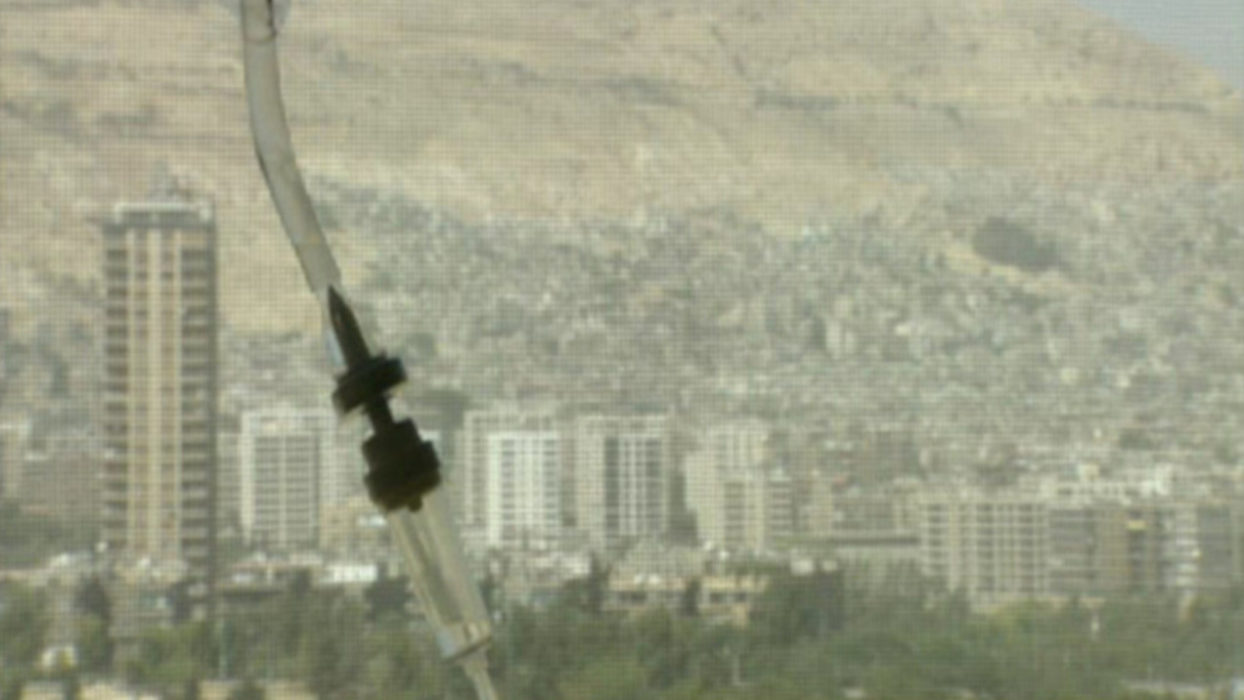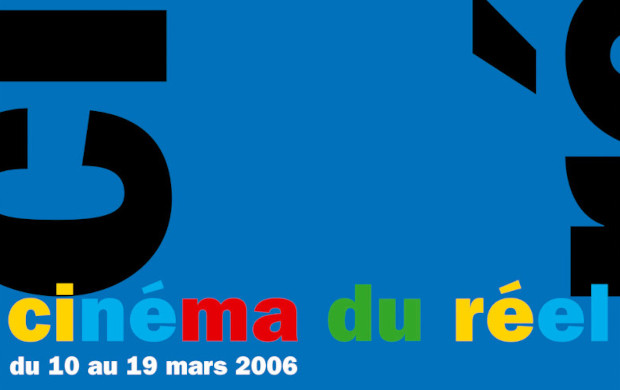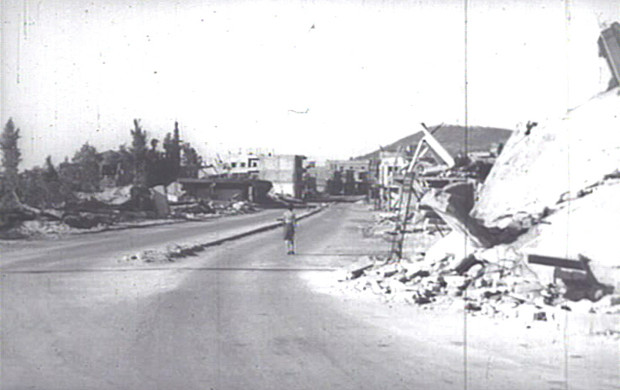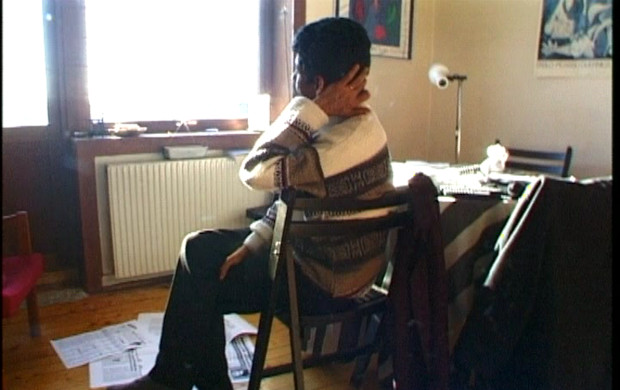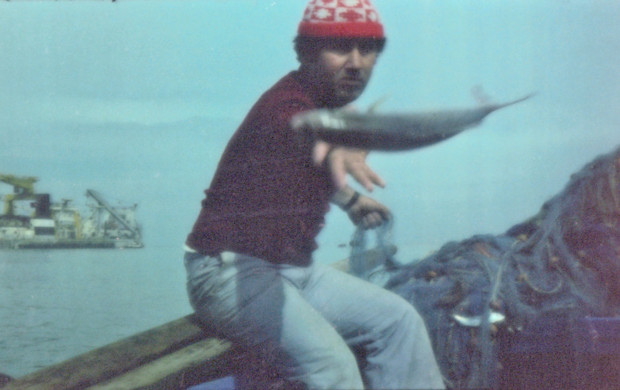Hounalika Achya’a Kathira Kana Youmken An Yatahadath Anha Al Mar’e
- 1997
- Syria
- 50 minutes
- Arabic
The great playwright, Saadallah Wannous, the filmmaker’s friend and co-writer, is dying, exhausted by a cancer that he says he contracted during the Gulf War. He says he was tempted by suicide when Nasser died, and that, with the conflict between Israel and the dream of a Palestine refound, he lost a chance to find happiness. In the silence of a hospital room, images from the past still seem to haunt a man suffering from the “Arab cause”, and whose inexorable words express the disillusions and feelings of failure of a whole generation “The fact that we belonged to the same generation and had been friends since the mid-sixties was all important. Although we experienced the 1967 defeat in the same way, we didn’t always agree politically. Saadallah was a hard-line communist and supported a pro-Soviet political party, whereas I was anti-Stalinist right to the core. As a result, we lost touch for many years. To save our friendship, I preferred to sacrifice any direct or permanent contact with him for a while. I saw Saadallah again just before the film, when I found out he was ill. Twenty years had gone by, but our friendship started up again at the same point, with the same intensity. We wrote the film scenario together. (…)”
- Production : Arte France; Films du Grain de Sable
- Editing : Dominique Paris
- Sound : Emile Saadé
- Photography : Etienne Grammont
